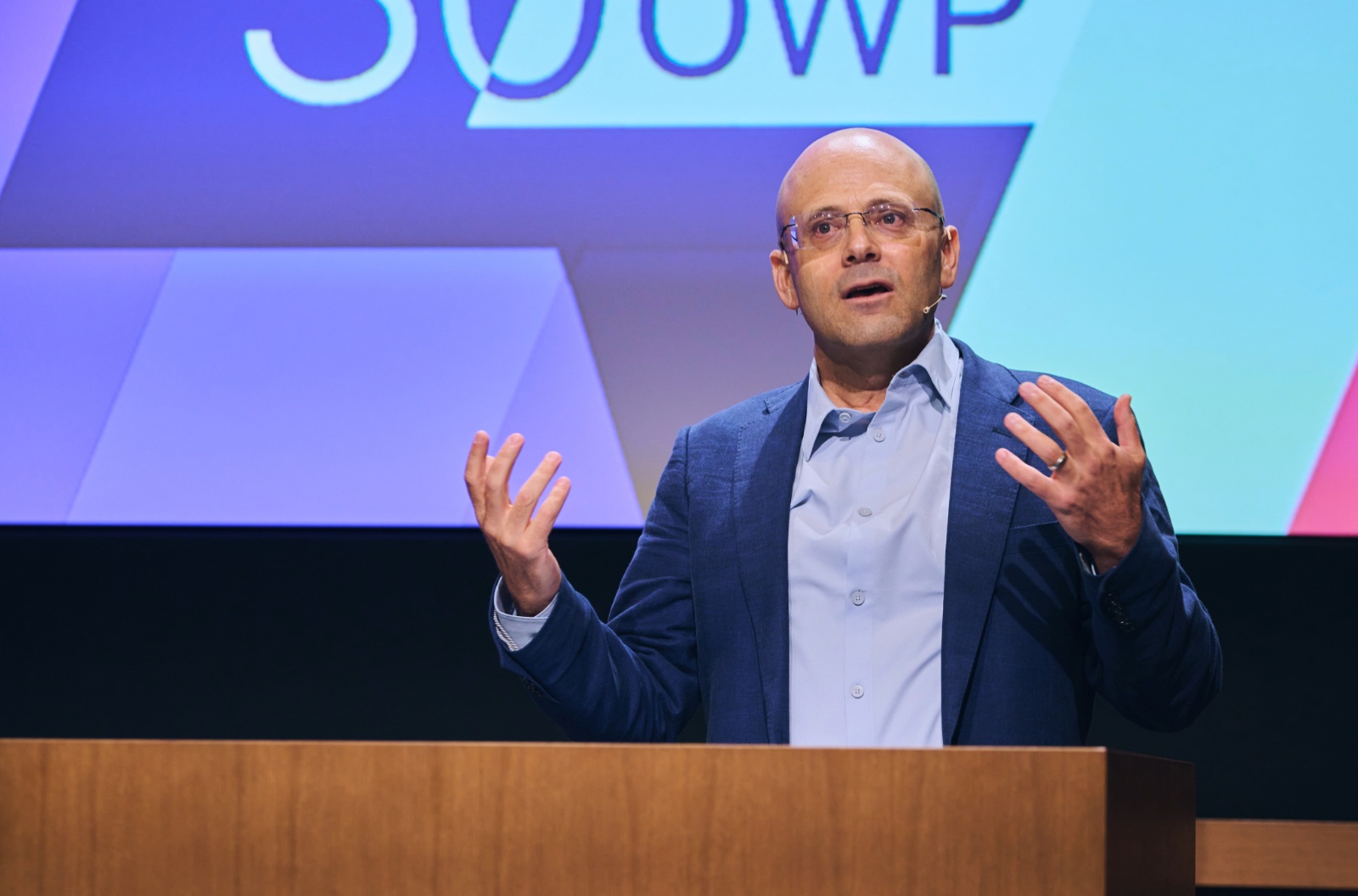Jackie has an important message to communicate. She needs to generate buy-in from the group. She delivers what she thinks is a compelling message. The response is rather tepid at best. Colleagues look bored as she communicates her points.
A few days later, a colleague of Jackie named Ellen approaches the same group. She shares a similar message in her own style. A robust conversation takes place and there is resounding enthusiasm to what Ellen has presented.
Do you resonate at all with this story? Have you ever seen people like Jackie who repeatedly fall flat in communicating? Maybe there have been times you even felt like her?
This example epitomizes what is known as “the person effect”: the unique impact, positive or negative, a person has in coming across and connecting with others. It includes the leader’s state of being, their words and their physiology. Aspects that impact the person effect are status, authority, gender, nationality, culture, age, physical presence, words, use of language, level of energy, perfectionism, optimism, pessimism, and reputation.
The roots of person effect
The person effect is rooted in what neuroscientists have come to know as brain triggers that mostly happen in the implicit memory – associations in the brain outside of our awareness. Ivan Pavlov, famous for his work with dogs, first noticed the person effect. Pavlov observed that when people entered or left the room, there was a change in the physiology of the dogs. He observed and understood what later came to be called “The person effect,” a powerful aspect of understanding the social nature of physiology. So, what did Pavlov do? He decided to study the dogs in isolation without social contact.
Later, Horsley Gantt, an American student of Pavlov, realized that understanding the impact of another person was essential to understand human physiology because we do not live in isolation. This line of research was pursued by James Lynch, a psychologist who extended Gantt’s research to coronary care and trauma patients. He studied the huge impact that absence or presence of human relationships had on people’s health. Even a caring nurse could influence survival rates in an intensive care hospital unit. This is the person effect in action. Those who live alone had markedly higher death rates from heart disease than those who lived with someone else. He also discovered the effect talking and personal interaction had on blood pressure or how even caring for pets was beneficial for health in general.
Why is the person effect important for leadership?
I had the fortunate opportunity to work closely with Professor Lynch. He provided supervision and guidance for my PhD dissertation. His thinking has profoundly influenced me and led me to expand the concept of the person effect as an essential ingredient to understanding leadership.
The following are reasons why our person effect is one of our most important leadership tools:
1. It is the key to effectively connect with others.
A positive person draws others to them. Conversely, a negative person repels others. We have all recognized an overly positive or negative person. But most of the time, the person effect is subtler. Signals and triggers come through words, gestures, and tone of voice. Being aware of our person effect means that we are aware of our impact on others and the subtle impact of others on us by the triggers they evoke in us. Using this awareness is one of our most powerful leadership tools.
2. It shows up especially in our use of language.
When we talk to someone, our blood pressure is automatically going to rise. When we listen, it automatically falls. It is important that we regulate our ability to listen in order to lower our blood pressure. Talking too much, not listening, and misusing language can affect our heart rate and blood pressure negatively. In healthy dialogue, there are strong benefits for our well-being.
3. It impacts the Mind’s Eye.
The Mind’s Eye defines the way we see the world through our mindset, perception and emotion. The person effect directly impacts the Mind’s Eye of others. If our person effect is threatening, dismissive, or unresponsive, others around us will be more focused on the negative and can be triggered into defensive or non-trusting behavior. The reverse is also true. If the leader’s person effect is positive, individuals will feel empowered, inspired, and innovative. They can be effective in delivering tough feedback and pain without putting the other person on the defensive. The mark of a high performing leader is the ability to deliver pain and the other person says: “thank you, give me more.” Why? It is because the painful feedback is based on caring and learning.
4. It can create a sense of trust.
The person effect can inspire, create an attitude of engagement, or produce a feeling of discouragement and disengagement. It can discount others leaving them feeling unimportant. Motivation is highly connected to the person effect. So, one’s own attitude and emotional state can be revealed in their person effect.
As an example, Nelson Mandela epitomized these positive characteristics of the person effect. It is part of the reason why he was so successful in connecting individuals after apartheid and was able to skillfully engage with enemies for the betterment of South Africa.
What is your person effect?
Remember that the person effect is the way your state of being, mindset, emotions and behavior come across to another person or group that either has a positive or negative impact. It requires paying very close attention to behavior that we might frequently overlook, such as a smile, a critical look, a judgmental attitude, lack of eye contact, or raising your voice.
My colleague Daniel Golemanin his research on emotional intelligence points out – as others do – that awareness is the foundation for change. If you do not know what you don’t know, then you can easily be vulnerable to something outside your awareness. So, what feedback do you get about your impact on others? It is an important question requiring in-depth reflection and investigation. The answer can help you unlock a secret ingredient in your leadership potential.
George Kohlrieser is a Professor of Leadership and Organizational Behavior at IMD, a former hostage negotiator, and author of “Hostage at the Table: How Leaders Can Overcome Conflict, Influence Others and Raise Performance” and “Care to Dare: Unleashing Astonishing Potential through Secure Base Leadership.”
Research Information & Knowledge Hub for additional information on IMD publications
Research Information & Knowledge Hub for additional information on IMD publications
Research Information & Knowledge Hub for additional information on IMD publications













